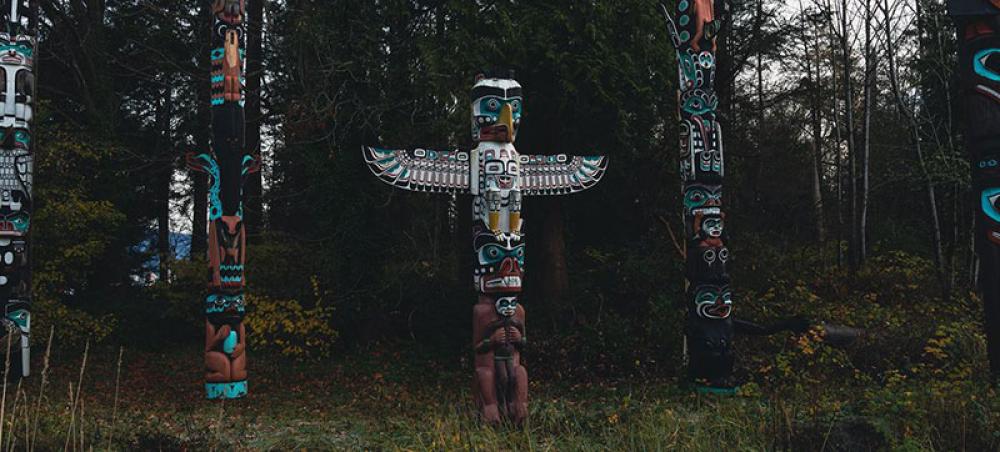Just Earth News | @justearthnews | 04 Mar 2022

Image: Unsplash/Galen Crout
New York: The UN Committee on the Elimination of Discrimination against Women (CEDAW) called on Thursday, for Canada to fully address long-standing gender-based discrimination in its Indian Act, which continues to affect tens of thousands of descendants of indigenous women today.
In the findings, the Committee found that, by being prevented from passing their indigenous status onto new generations, J.E.M. – a matrilineal indigenous descendant from a long line of leaders of the Capilano Community – and his children, were victims of violations rooted in the discriminatory nature of Canada’s Indian Act, the primary law used to administer indigenous peoples.
Losing his ethnicity
The committee cited the case of J.E.M., whose grandmother was a member of the indigenous Squamish Nation in British Colombia.
She was forcibly taken from her community and placed in a residential school to assimilate her and other indigenous children into Euro-Western culture.
His grandmother was made to learn English and practice Christianity, and later married a non-indigenous man, which, according to the Indian Act, meant that she was no longer indigenous.
“The entire issue stems from the disrespect of indigenous people’s fundamental right to self-identification,” said Committee member Corinne Dettmeijer.
Piecemeal exceptions
Under the Act, the “status Indian” registered with the federal Government, is a condition for gaining access to rights and benefits, such as health-care services, financial support for education, the rights to reside on indigenous territories and hunt and fish on indigenous traditional lands.
Prior to 1985, the Indian Act contained explicitly discriminatory provisions against women, including taking away their status if they marry non-indigenous men. Since then, despite numerous legal challenges, Canada has only amended the discriminatory provisions with piecemeal changes rather than ending the discrimination entirely.
As J.E.M. is a disenfranchised matrilineal indigenous descendant, he was denied his indigenous identity until 2011, when he could only recover limited status.
And it was not until 2019 that J.E.M.’s children were recognized as indigenous.
However, under the Indian Act, they will not have the right to freely pass their indigenous status on to the next generation.
CEDAW found that by being prevented from passing their indigenous status on to new generations, JEM and his children were victims of violations
“It is further exacerbated by the unequal criteria by which men and women are permitted to transmit indigenous status and identity to their descendants,” Ms. Dettmeijer asserted.
Legislation need amending
After multiple failed attempts to challenge the Indian Act in Canada, J.E.M brought his petition to CEDAW, which declared provisions of the Indian Act discriminatory to the descendants of disenfranchised indigenous women.
“Descendants of indigenous Indian grandfathers would never have lost their status and have always been able to pass on their status to their children,” Ms. Dettmeijer pointed out.
The Committee recommended that Canada provide appropriate reparation to J.E.M. and his children, including recognizing them as indigenous people with full legal capacity, and allowing them to freely transmit their indigenous status and identity to their descendants.
It also called on Canada to amend its legislation to enshrine the fundamental criterion of self-identification, and to provide registration to all matrilineal descendants on an equal basis to patrilineal descendants.